During my last academic year at the University of Toronto I took a class named ‘Dementia’ and got the opportunity to learn more about neurodegenerative-based research while also getting hands on experience with those who were diagnosed with dementia. During that time, I myself had lost a loved one to dementia and thus became eager to learn more about how I could search to find a cure. With Alzheimer’s disease (AD) ranking as the 5th leading cause of death amongst adults 65 years of age and above, it’s important that we consider all therapeutic interventions that may show promising benefits.1 Hericium erinaceus, otherwise known as lion’s mane, is one of my favourite mushrooms for this reason.
To provide you with some context, Alzheimer’s disease is the leading cause of dementia which is an umbrella term to describe impaired memory, cognition, and decision-making skills.1 There are several different types of dementia and that is part of the reason why symptoms present so differently. I remember working with one man who experienced personality changes from day to day because of his diagnosis and others just had difficulty remembering where they left their glasses, for instance. Irrespective of this, Alzheimer’s disease is fatal and although there are pharmacological interventions available to the public, no new drugs have been approved to aid in treatment since 2003.1 Not to mention, there also is no cure.1
Lion’s mane may prove to be helpful in the treatment and/or prevention of Alzheimer’s disease due to its neurotropic effects.2 Not only does it induce the expression of NGF (nerve growth factor) which promotes nerve growth but it also contains erinacines.2 Erinacines enhance NGF as well, but what’s really interesting is that they reduce something called amyloid-beta which exists in clumps called plaques within diseased brain tissue.2 These amyloid-B plaques usually result from inflammation of the brain and go on to trigger other proteins like tau to become pathogenic as well.2 Without overcomplicating it, essentially lion’s mane has properties that help support nerve-health and the brain in general. In addition, because it’s a natural treatment source it has a lot fewer side effects compared to other current pharmacological interventions.
One of the things I found most interesting when learning about Alzheimer’s disease is that it’s thought to actually begin 20 years or more before symptoms arise.1 Which means that we must do all we can to prevent the development and progression of neuronal death! How do we do this you might ask? Well with lion’s mane! In one study (linked below) supplementing AD study participants with three capsules per day of H.erinaceus for 49 weeks improved their scores on exams that measure cognitive function.3 In addition, another study supplemented lion’s mane in subjects with Parkinson’s disease alongside the drug most commonly used in Parkinson’s disease (MPTP).2 They found that lion’s mane actually helped reverse the motor deficits that are an associated side effect of using MPTP!2 Although more studies do exist, the research most definitely shows benefit in using lion’s mane for AD prevention and also as a nice choice of combination with some first-line drugs for dementia.
All in all, nature never ceases to amaze me. With the baby boomer population moving into retirement and dementia diagnoses skyrocketing, it’s important that we as a collective investigate all avenues of treatment. This includes incorporating things like lion’s mane into the diet as it shows promising results for a better, brighter, and healthier future.
Written by: Angelica Mastrodicasa – HBSc. UofT and 3rd Year Student of Naturopathic Medicine, CCNM-Toronto.
Reference List
- 2021 Alzheimer's disease facts and figures. Alzheimers Dement. 2021;17(3):327-406. doi:10.1002/alz.12328
- Li IC, Lee LY, Tzeng TT, et al. Neurohealth Properties of Hericium erinaceusMycelia Enriched with Erinacines. Behav Neurol. 2018;2018:5802634. Published 2018 May 21. doi:10.1155/2018/5802634
- Li IC, Chang HH, Lin CH, et al. Prevention of Early Alzheimer's Disease by Erinacine A-Enriched Hericium erinaceusMycelia Pilot Double-Blind Placebo-Controlled Study. Front Aging Neurosci. 2020;12:155. Published 2020 Jun 3. doi:10.3389/fnagi.2020.00155

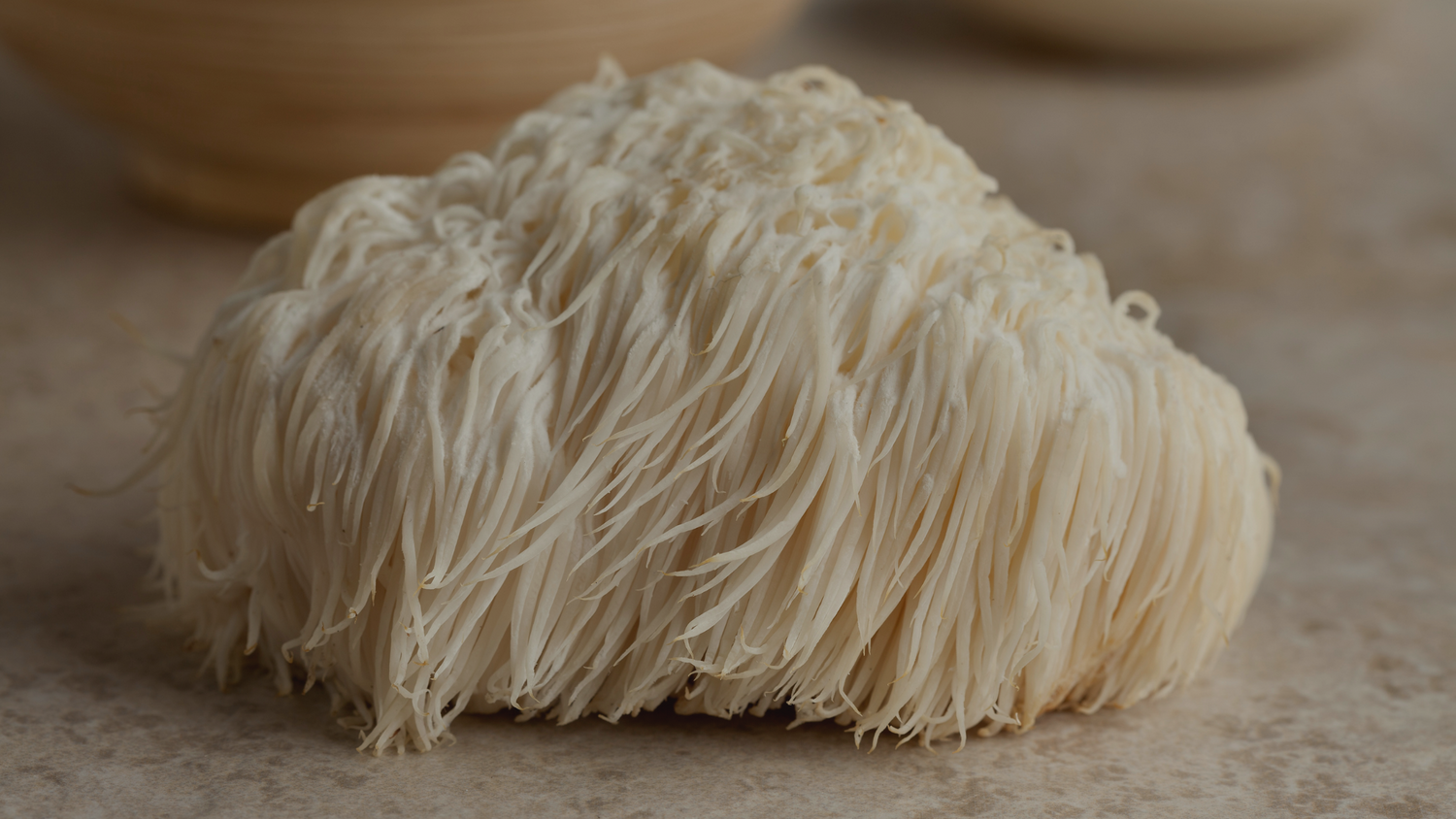
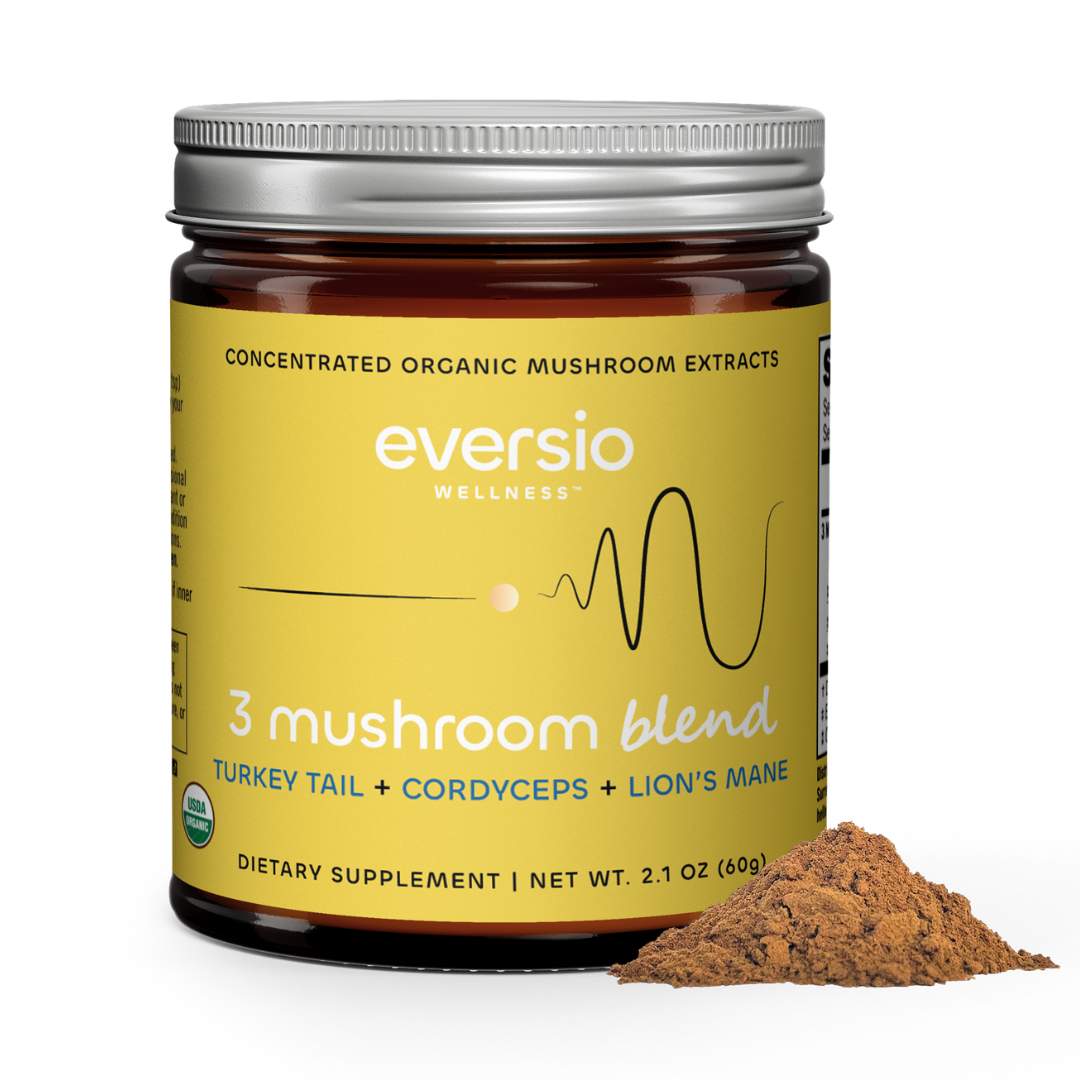
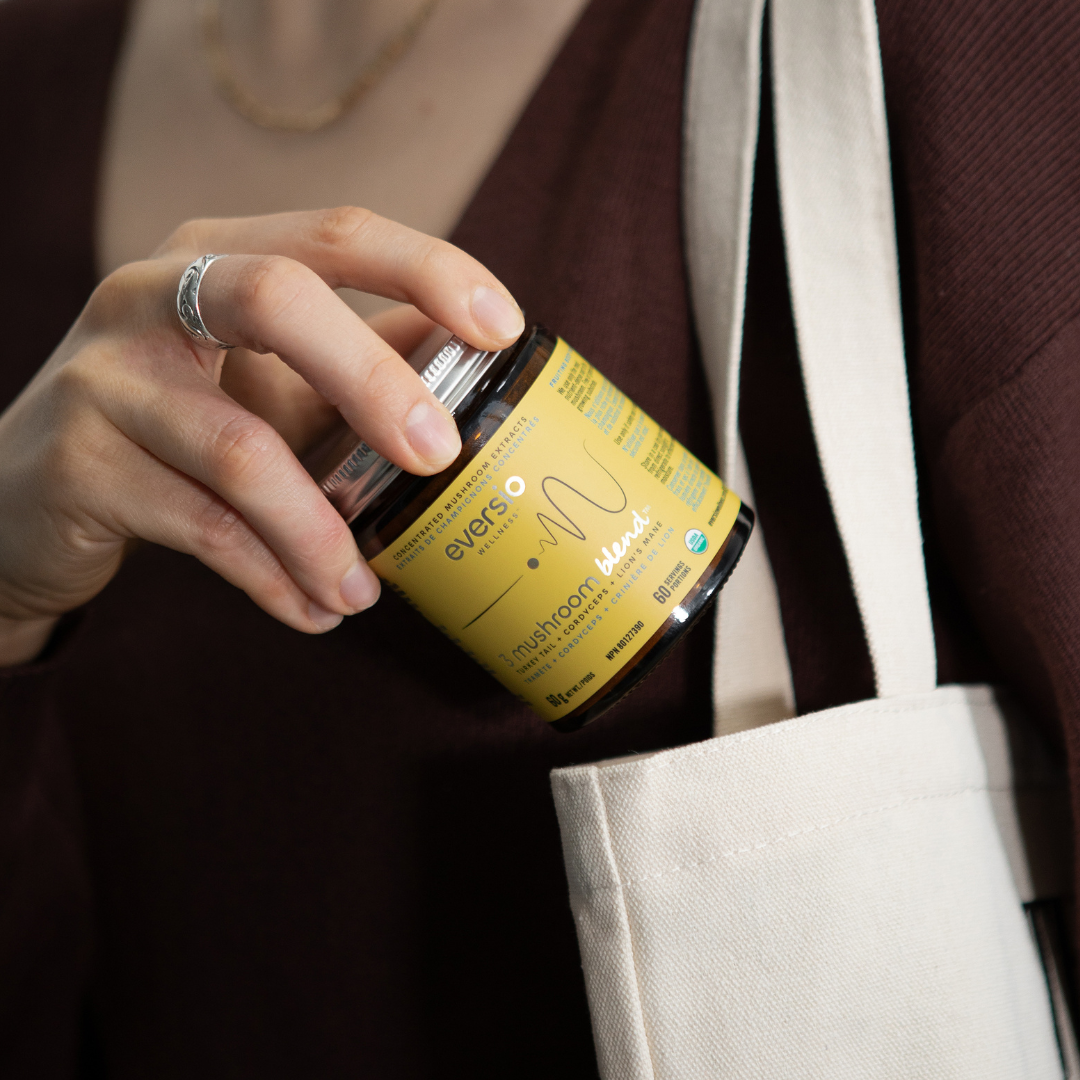


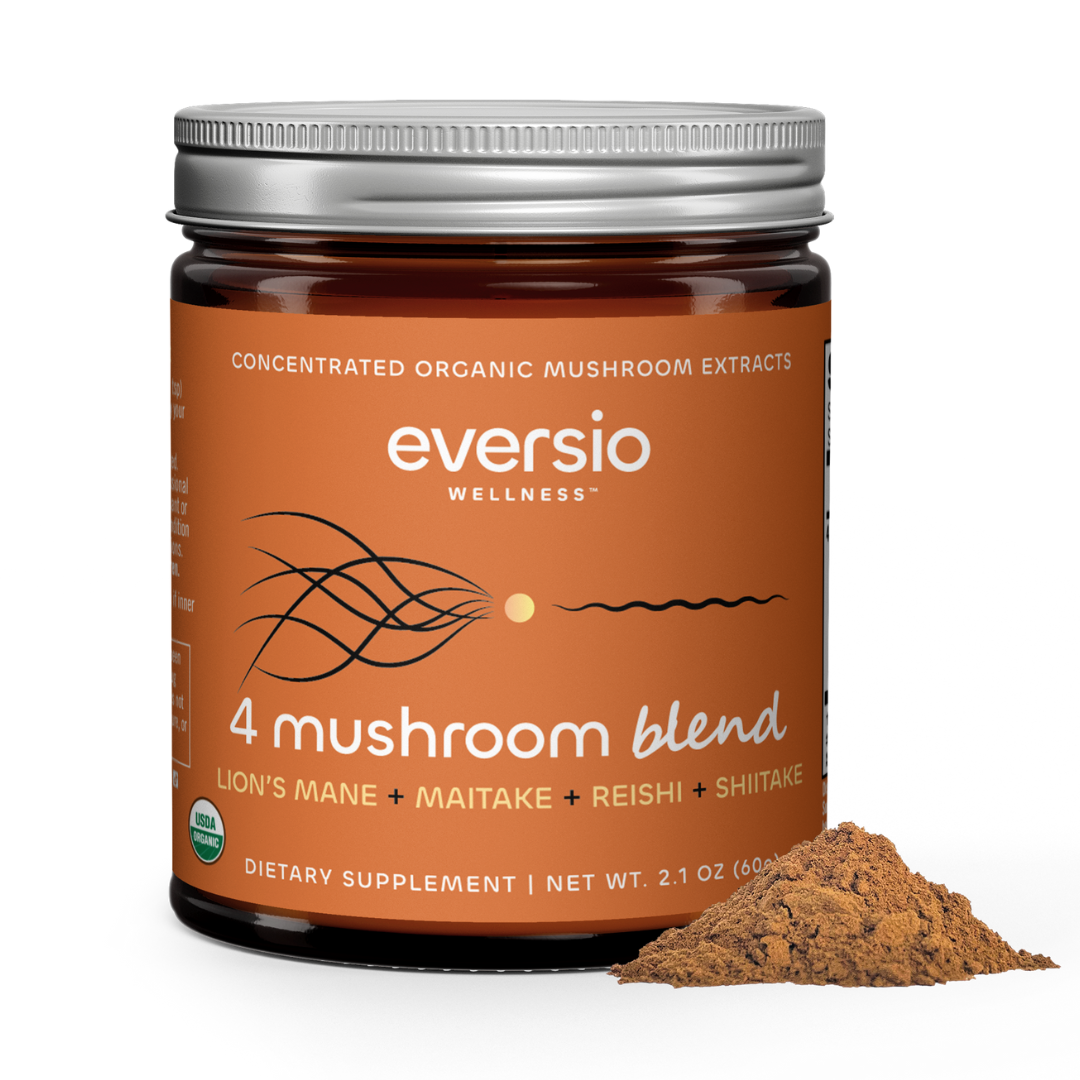

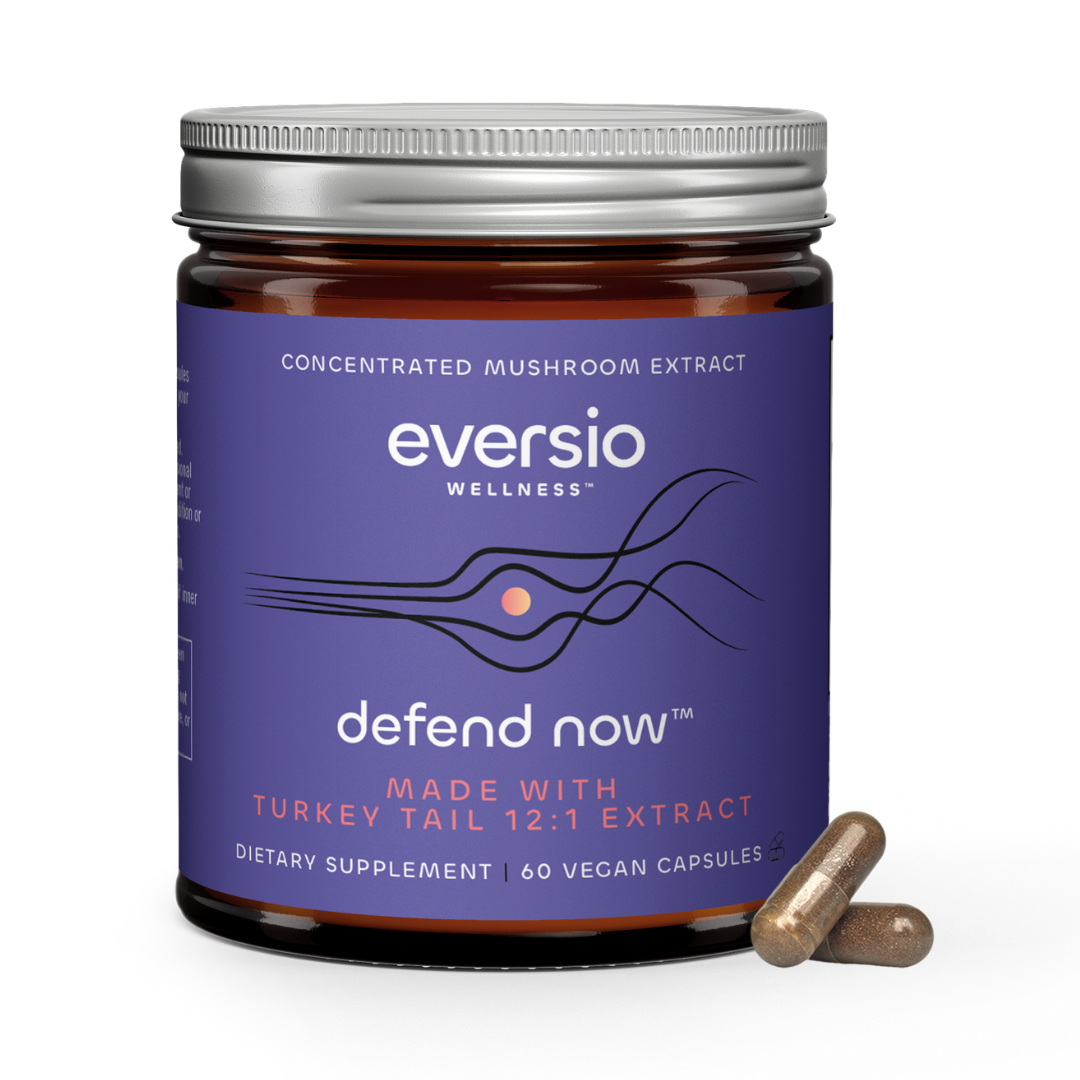
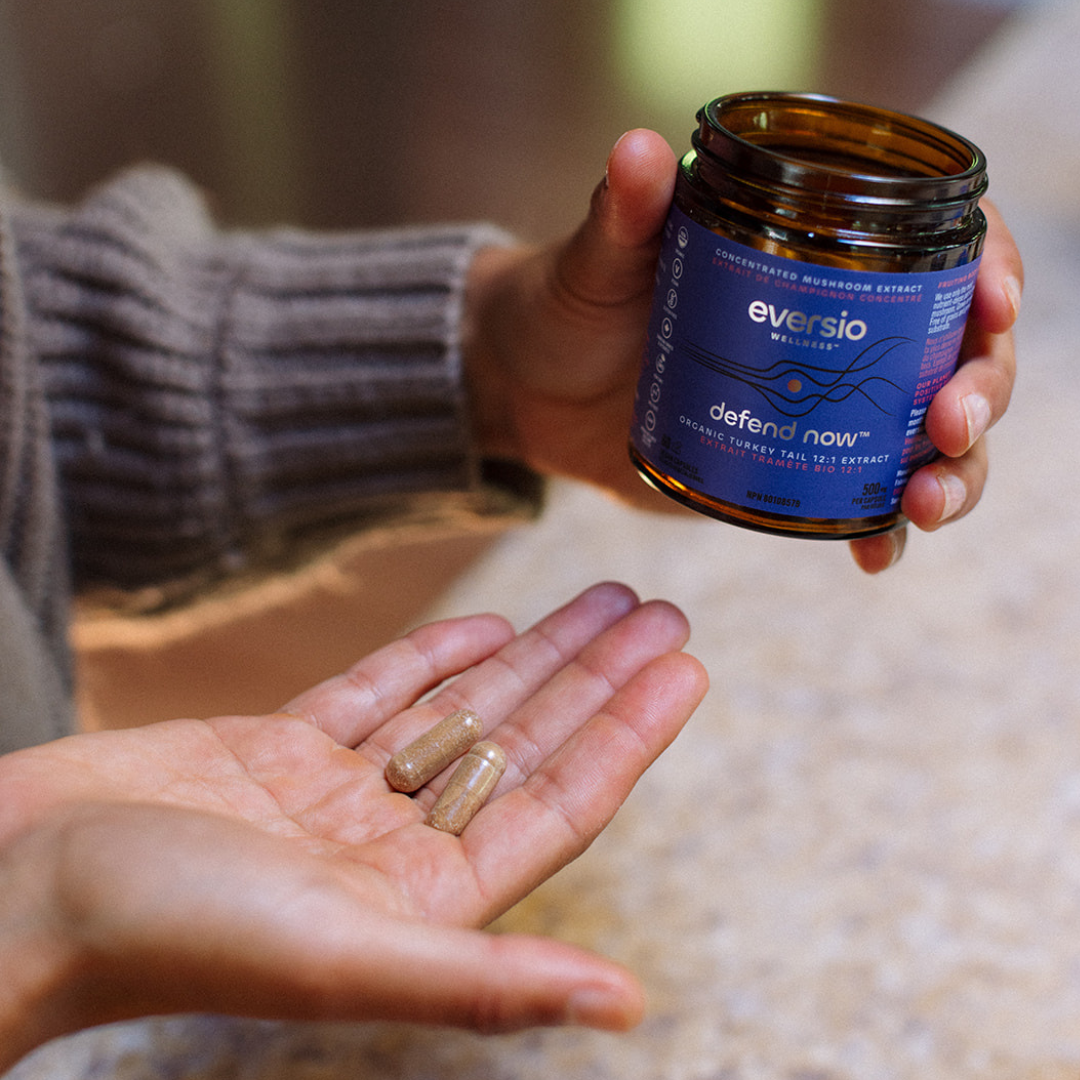
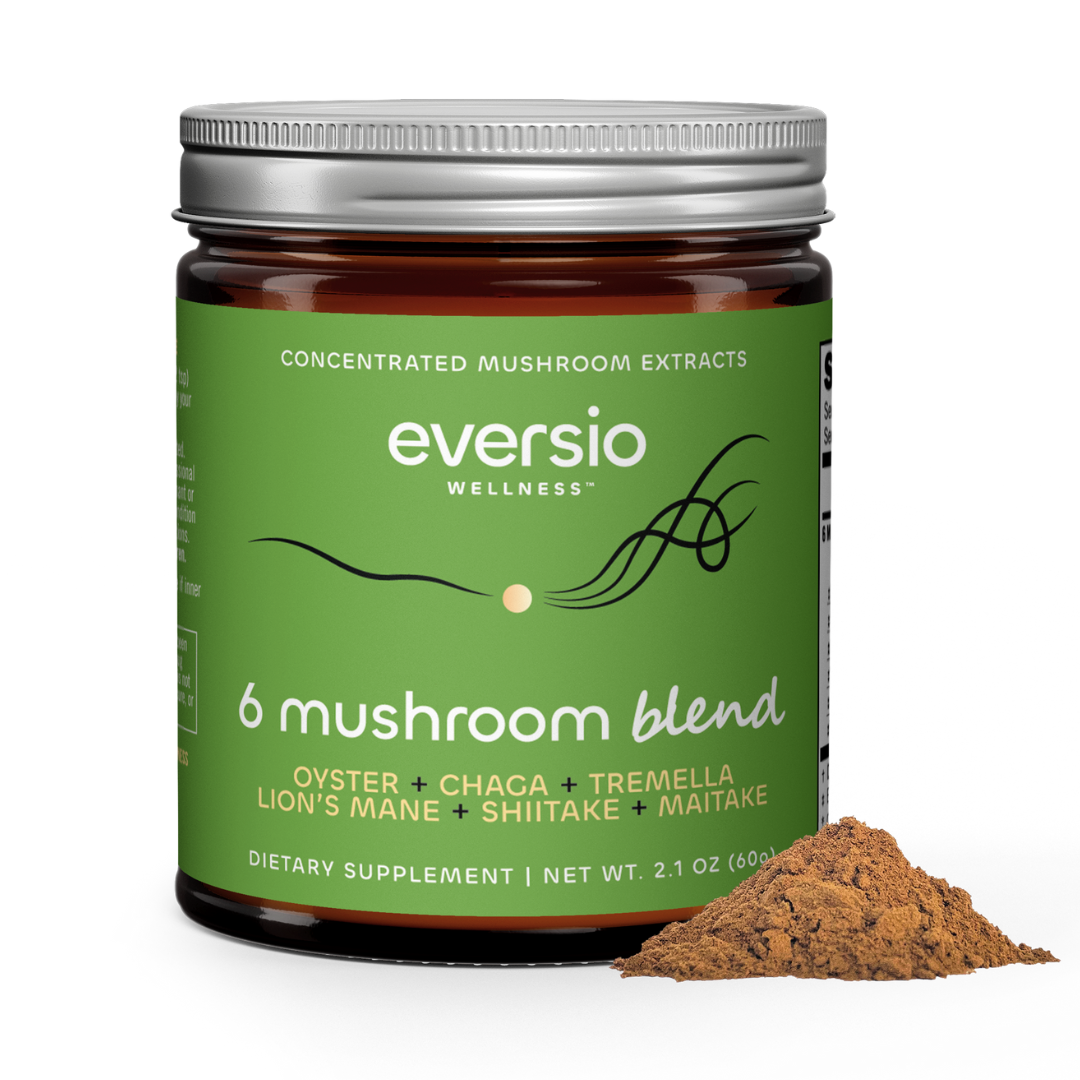
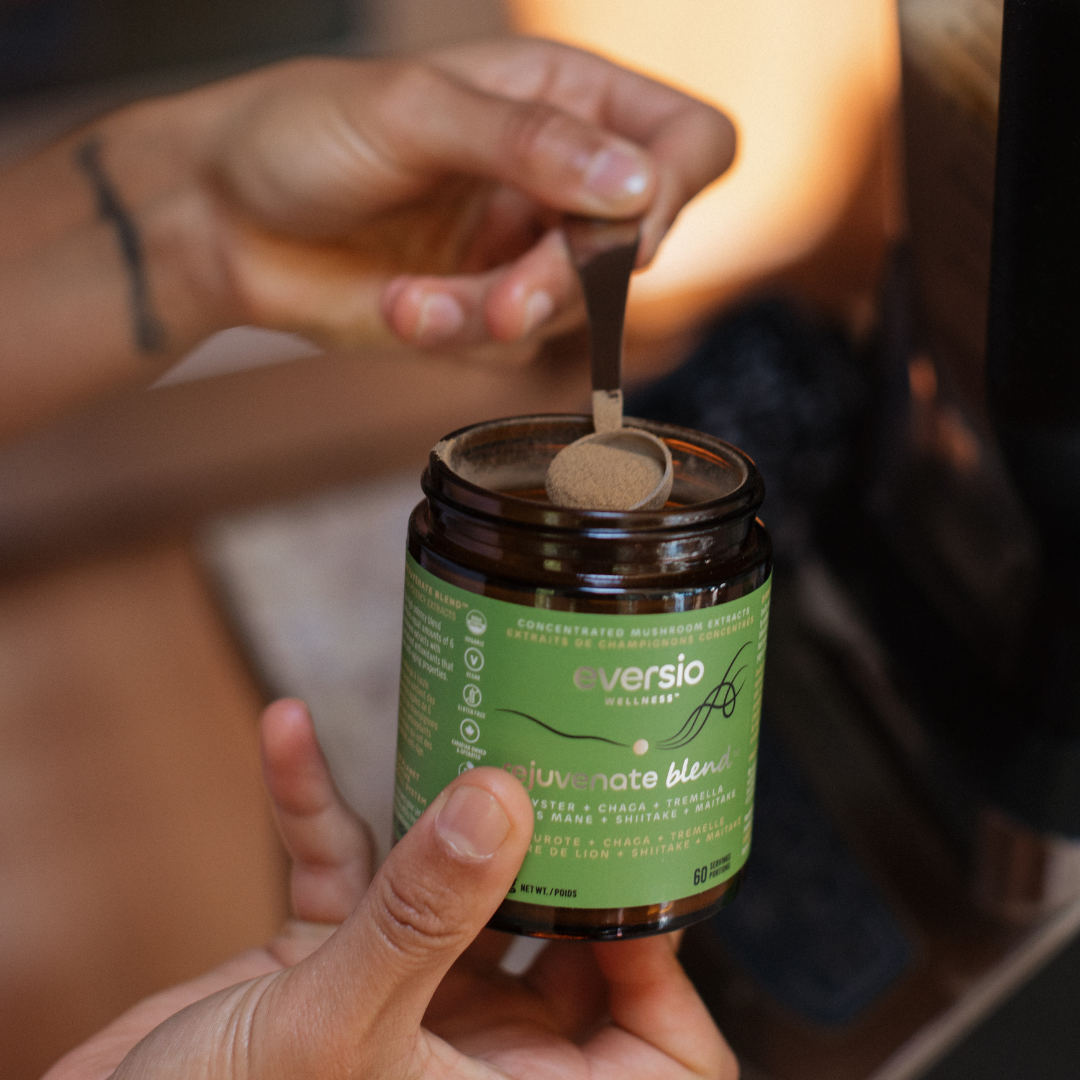


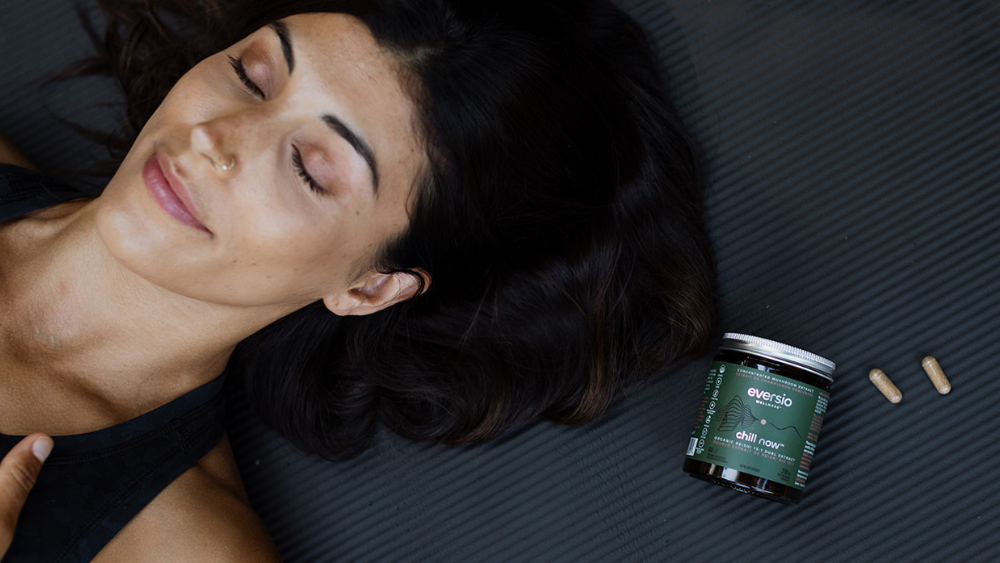





Leave a comment
All comments are moderated before being published.
This site is protected by hCaptcha and the hCaptcha Privacy Policy and Terms of Service apply.